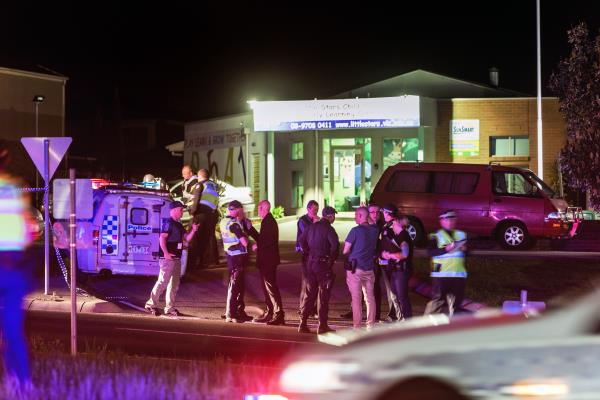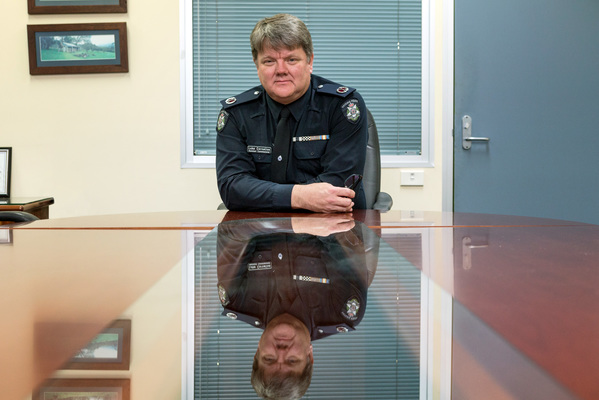
By CAM LUCADOU-WELLS
AFTER the shockwaves of 18-year-old Numan Haider’s fateful attack on police in Endeavour Hills nearly 12 months ago, police are refusing to “retreat in a fortress”, says the region’s top cop.
Assistant Commissioner Luke Cornelius, who oversees the Southern Metropolitan police region, told Star News: “Since Endeavour Hills, our outreach in the community has grown very significantly.
“We actually see that as a much more effective way of dealing with the risk we face.
“We police for the community and in the community. We don’t want to retreat in a fortress.”
The Haider incident – as well as an alleged plot to target police at an Anzac Day service in Dandenong this year – highlighted the need to go out and “explain what we do and answer the community’s questions”.
“We were changed as a result of the Endeavour Hills incident (and the Anzac Day threat).
“It brought home to us the nature of the risk we face.”
It led to an escalated awareness of police officers’ personal security and a review of security at police stations in the region.
Mr Cornelius said there was currently no identified, active threat against police.
“There’s nothing out there that would cause me to say we will withdraw our outreach and engagement.”
In the aftermath, Star News reported on some of the police’s outreach efforts such as cross-cultural seminars between officers and community leaders.
At the end of Ramadan, police – including Superintendent Russell Barrett – helped a Doveton mosque’s members hand out food to neighbours.
Mr Cornelius said he was looking forward to the state Coroner’s findings so that the public could learn “as transparently and accountably as we can” what happened on 23 September 2014 at Endeavour Hills Police Station.
It was widely reported that Mr Haider, influenced by Islamic State propaganda, was fatally shot by police in self-defence after he stabbed two officers with a bladed weapon in a premeditated attack.
Mr Cornelius described disengaged youth as one of two main priorities; the other was the region’s high rate of family violence.
He said the best response to young people wishing to harm police and the public was a positive narrative counteracting a “negative narrative from other sources”.
Mr Cornelius said young people within the Muslim community were not the only ones at risk of being seduced onto harmful paths.
There were also problems with outlaw motorcycle gangs recruiting young Pacific Islander “muscle” or Reclaim Australia and United Patriots Front radicalising youth.
Part of the challenge was for alternative education and work opportunities for young people who were at risk of falling through the cracks.
“We need to be reaching out to these individuals and find ways to reconnect them to the community.”







